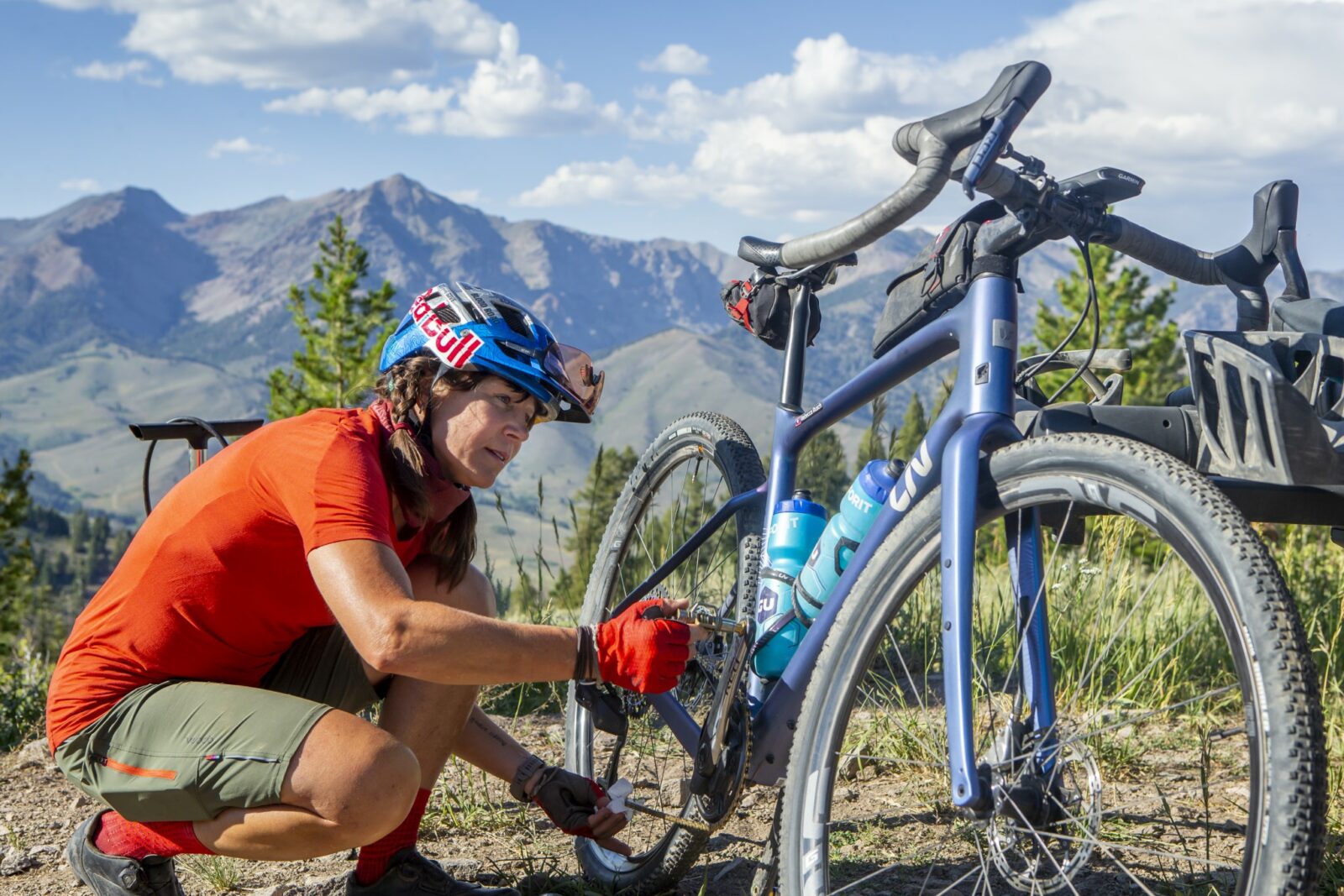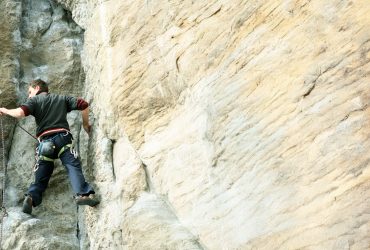A discipline born in the United States and which has made a place for itself in recent years alongside racing bikes and mountain bikes, gravel riding is a mixture of genres. Before you set off on France's cycle routes and forest trails, here's what you need to know to set off well equipped.
Along with electric bikes, gravel bikes are the big trend in the cycling world in recent years. This discipline appeared in the United States on the long unsealed roads of the American Midwest, used for hundreds of kilometers by enthusiasts who were previously frustrated by having to put their road bike on the ground when the asphalt disappeared.
In Europe, the trend has been there for several years now and most manufacturers offer one or several gravels in their catalogue. If this bike is similar to a cyclo-cross bike, it is less competition-oriented and adopts an adventurous spirit to take you on many types of trails and over long distances. The key word for gravel: versatility. This bike must be capable of swallowing kilometers as much on the road as on the paths. If you have the technique, you can even take it into the forest on more challenging trails. But the gravel bike has its limits and will not be able to compete with an all-mountain bike on rocky and root-laden singles either.
Characteristics of a gravel :
- The frame is larger than that of a road bike for more comfort. The position is more upright because the top tube is shorter and the head tube a little longer.
- The wheelbase is larger and the bike is therefore more stable.
- A gravel bike also benefits from wider chainstays that allow for larger tires (28 to 35 mm section).
- Unlike the road, the tires are not smooth. Their mixed tread pattern provides more comfort and grip on slippery terrain or unpaved roads.
- All gravels are equipped with disc brakes, which are essential for efficiency and safety. So you can go downhill with confidence.
- Most gravels don't have suspensions, even if brands like Specialized, Cannondale or Canyon have adopted minimalist suspension systems (on the frame, under the saddle, in the stem or on the fork) to allow for more comfort when the roads get rough.
- Often, you will find on a gravel bike mounting eyelets to equip your bike with mudguards and luggage rack. As gravel is often synonymous with touring, it is important to be able to carry a maximum of stuff directly on your two wheels.
Competitions blooming all over Europe
The gravel bike is therefore a kind of all-purpose bike, perfect for racking up the kilometres on France's cycle routes or forest trails. For the more experienced, festivals are gradually appearing in Europe and many competitions are already organized in France:
" Nature is Bike "The first edition of this gravel festival will take place in Angers from June 25th to 27th. In addition to the show to discover the models of the brands, this festival will propose different rides going from a few kilometers to 278 km for the longest one. Called "Gravel of Legend", the latter will start from the beaches of Normandy to reach Angers. The only requirement is to finish the event in less than 20 hours.
Gravel Trophy : The second edition of the Gravel Trophy will take place on 5 and 6 June between the ski resort of Valberg and the ancient city of Vence. Three courses are proposed, the hardest of which totals 160 km and 3800 m of positive altitude difference to be completed in two days.
Schlitte Gravel : It is in the Vosges at Xonrupt-Longemer that you will be able to take the start of a timed race of 54 km (1,275 D+) or free hikes of 60 to 120 km. See you on July 4th and 5th.
French Divide: The French Divide is an unusual race in terms of distance, stretching from the French-Belgian border to its French-Spanish equivalent. On the menu: 2,200 km to be covered in a maximum of 15 days. To be done by mountain bike or gravel.
Gravel'Ardèche : Three distances between 42 km and 165 km for this Gravel'Ardèche organized on August 1st.
BikingMan: These exploratory cycling races without external assistance are among the most demanding in the world. The distance is close to 1,000 km, the altitude difference is often significant (more than 15,000 D+) and the whole thing must be completed in less than five days. In 2021, five events will be held in France: Corsica (June 7), Côte d'Azur (June 21), a queen event (organized on July 19 but whose location has not yet been revealed), Auvergne Rhône-Alpes (August 9) and Pyrenees (September 6). BikingMan events will also be held abroad in Brazil (16 May), Portugal (4 October) and Oman (date not yet announced).










